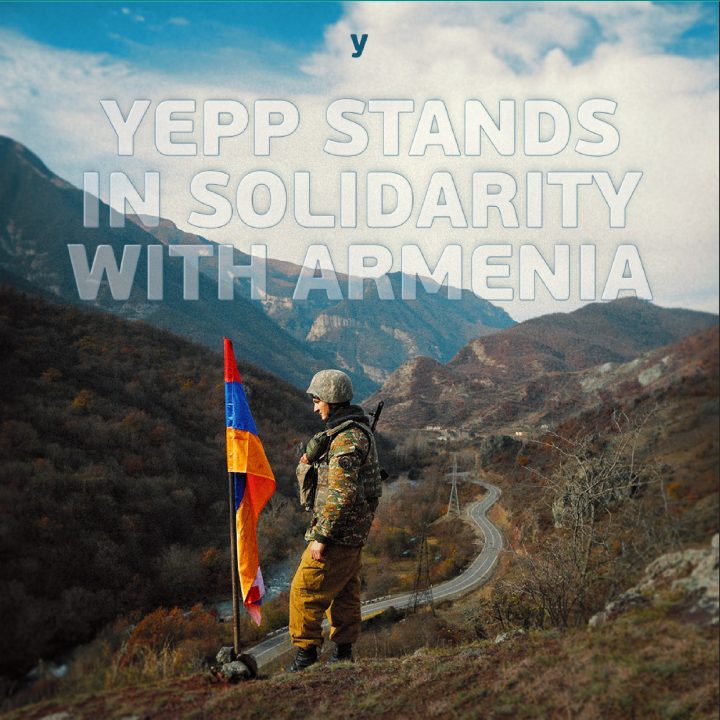
“Who, after all, speaks today of the annihilation of the Armenians?” This question was raised on September 22nd, 1939, in Obersalzberg, just a week prior to the German invasion of Poland. In the minds of those with sinister intentions, the silence and collective forgetting of the genocide against this people from a small and ancient Christian nation provided a disturbing moral validation for the invasion and destruction of Poland. A vital lesson emerges: the International Community’s failure to acknowledge and impose consequences for the Armenian genocide, contributed to the justification of some of the most devastating genocides of the 20th century.
The situation in Nagorno-Karabakh, following Azerbaijan’s military attack, has raised grave concerns. In August 2023, the former prosecutor of the International Criminal Court, Luis Moreno Ocampo, warned that Azerbaijan is preparing genocide against the Armenians in Artsakh. We deem the actions of Azerbaijan to be pre-planned, unjustified, and unnecessary, and we urge Azerbaijan to take responsibility for respecting the rights and security of ethnic Armenians who choose to remain in Nagorno-Karabakh, preserve their cultural heritage, and develop solutions to compensate those who have left.
The EU must consider various measures in response to potential Azerbaijani acts of aggression against Armenia, including the suspension of agreements, applying sanctions to Azerbaijani energy exports, and reevaluating its Partnership with the Azeri regime. Moreover, the EU should also seek to strengthen its relationship with Armenia. By providing an ambitious plan for support and cooperation with the Armenian authorities, and promoting security and democratic reforms, the EU can reduce Armenia’s dependence on Russia and thus enhance regional stability.
We, as the European Union, must also ask ourselves: how can we continue to speak of “European values” if we cannot enforce the respect for the basic human rights of people in our close neighborhood? How can we aspire to be a player on the world stage and put an end to the expansionist policies of the Russian Federation if we cannot deter the authoritarian regime of Azerbaijan from ethnically cleansing an indigenous community from their homeland?
The negligence and failure to act raise concerns about our role as the European Union regarding the potential unfolding of the next chapter of the Armenian Genocide. Unless we take strong and resolute actions and establish conditions that protect the rights of the longstanding indigenous Armenian community, our future generations may question our resolve.
Facing the ethnic cleansing of the Armenians of Artsakh, who have resided in this mountainous region for millennia, we must not ignore the Armenian struggle as it was once ignored in the past. We cannot accept this fait accompli and must stand firm on the principles of the right to homeland of the Armenian people. The suffering and loss endured by the people of Armenia demand immediate attention from the International Community. We call on the European Union and its member states to exert pressure on the leadership of Azerbaijan to lay down arms. As repeated attacks have demonstrated, it is impossible for ethnic Armenians to live under Azerbaijani rule. This situation cannot continue.
We emphasize the importance of diplomacy and negotiation and respect for human rights in resolving conflicts and crises. We urge the European Union to demand from Azerbaijan the commitment to these principles and work toward a swift and lasting solution that ensures the well-being and security of the people of Armenia.
